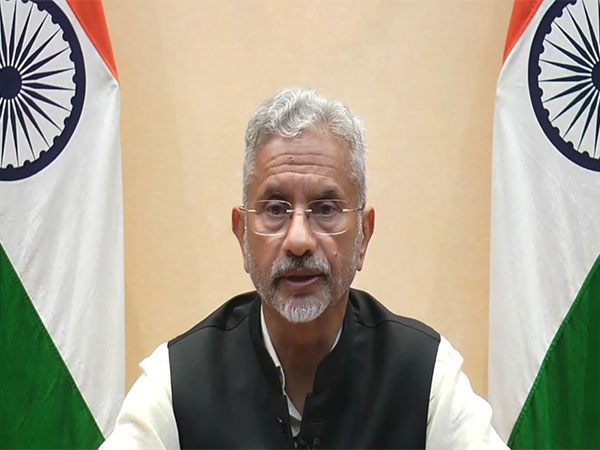
India’s ‘Neighbourhood First Policy’ is consultative, outcome-oriented approach; has promoted regionalism: Jaishankar

New Delhi [India], May 24 (ANI): Highlighting India’s role in the Asian sub-continent, External Affairs Minister S Jaishankar said New Delhi’s ‘Neighbourhood First Policy’ has helped in building infrastructure, extending credits, and making provisions for essential supplies in the region.
He further cited the geopolitical, geo-economic and geo-technological developments leading to global uncertainty, and said the global order is “under stress”.
The EAM was speaking at the Nikkei Asia 2024 Future of Asia Forum on ‘India’s role in an Uncertain World’.
“The world is undergoing a flux – driven by geopolitical, geo-economic and geo-technological developments. In the last four decades, economic and political rebalancing accelerated by globalization has been driving us towards multipolarity. Today, the global order is visibly under stress, with Asia and the Indo-Pacific very much part of this transformation,” Jaishankar said in his address.
“But it is not just change we are seeing; there is also much greater risk-taking. It is visible in the conflict in Ukraine, in violence in the Middle East and the disregard for international law and agreements in Asia and the Indo-Pacific. This has economic facets, perhaps even more concerning,” he said.
The EAM said that the supply chain challenge, over-concentrations stemming from globalization and the use of economic coercion by states have put a premium on resilience and redundancy.
“Equally important is the technology challenge that has created a new level of inter-penetration and inter-dependence. As a result, the era of AI, EVs, green and clean technologies have brought both hope and anxiety in equal measure. As both market shares and data harnessing are leveraged, national security has become crucial to many economic transactions,” he said.
Emphasising the role of Asia globally, Jaishankar said India’s choices will have “increasingly important consequences.”
“Asia, home to three of the five largest global GDPs, the 2nd largest number of developing countries, accounting for about 60 per cent of the global population and nearly 50 per cent of the global trade is deeply impacted by all these trends. But it is also an important player in it. Being at the geographical, demographic and increasingly economic centre of Asia, India’s choices will have increasingly important consequences,” he said.
Lauding India’s ‘Neighbourhood First Policy’, he said that this “consultative, outcome-oriented and non-reciprocal approach” has promoted regionalism by extending credit lines and grants.
“Under PM Modi’s leadership, it initiated the Neighbourhood First Policy for the Sub-Continent. This is a consultative, outcome-oriented and non-reciprocal approach that has promoted regionalism by extending credit lines and grants. They have been used for road and rail connectivity, construction of transmission lines, improving border customs infrastructure, enhancing health, education, women empowerment and making provision of essential supplies by neighbours,” Jaishankar said.
“India continues to focus on enhancing physical, digital and people-to-people connectivity across the region, augmenting trade and development, and ultimately contributing towards building a secure and stable neighbourhood,” he added.
Stating that India and ASEAN are neighbours sharing millennia-old cultural and civilizational linkages, the EAM said that “ASEAN is at the heart of our Act East Policy” which matured into a wider Indo-Pacific vision.
“We strongly support ASEAN unity, centrality and cohesion. The Trilateral Highway from India to Thailand and beyond, when completed, will literally bring our regions much closer. Synergy between India’s Indo-Pacific Oceans Initiative (IPOI) and the ASEAN Outlook on Indo-Pacific (AOIP) provides a stronger framework for cooperation. India and ASEAN members also cooperate closely under various sub-regional mechanisms like the Mekong-Ganga Cooperation, the Indonesia-Malaysia-Thailand Growth Triangle and the BIMSTEC,” he further stated.
Jaishankar further said India’s focus on its extended neighbourhood has also intensified into cooperation with Gulf nations, which are among New Delhi’s top trade, investment and energy partners, host around 9 million people in the Indian community and have also shown interest in partnering with India in forward-looking infrastructure, technology and energy initiatives.
He further emphasised that the G20 Summit in India saw the launch of the India-Middle East-Europe Economic Corridor (IMEC) that would link India to Europe through the Arabian Peninsula and could help “de-risk maritime shipping considerably.”
“India’s extended interests now reach out to Central Asian states in the North and the Indian Ocean ones to the South. Its engagement with Africa has also intensified, especially along the East African coastline. Significantly, the International North-South Transport Corridor has made steady progress in providing an alternative channel to access Eurasia and beyond,” he further stated.
Jaishankar said India’s diplomacy has expressed its deeper solidarity with the Global South.
“By convening two dedicated Summits in 2023 and taking up the African Union’s cause in the G20, India demonstrated that it was willing to expend diplomatic capital for them. These sentiments are also supported by Indian development projects in 78 nations. Similarly, standing up for their interests on food, fuel and fertilizer access complicated by the Ukraine conflict has sent its own message. This, along with vaccine supply to 99 nations during Covid, has strengthened a bond that has larger political implications,” he said.
Stating that India seeks to “lead by example”, the EAM said that the ongoing Lok Sabha elections also underline that “democracies can really deliver.”
“That delivery is seen in socio-economic benefits being efficiently distributed on an impressive scale. Whether it is digital delivery of public goods and services or the ease of living, our start-up and innovation ecosystem or ease of doing business, India is now racing to catch up even while seeking to leapfrog,” Jaishankar said.
“Our infrastructure progress is also keeping pace. We are building 28 kilometres of highway every day, 14 kilometres of railway track daily, creating 8 new airports and on an average 1.5 metros every year. Alongside, we have doubled the number of our technical and medical institutions. This is the India that seeks to attract more partnerships from Japan,” he further said.
Jaishankar affirmed India is critical to strengthening multi-polarity in Asia which is a pre-requisite for a multipolar world, adding that New Delhi’s growing weight will ensure that the overall balance in the world order remains in favour of freedom, openness, transparency and a rules-based order.
“Equally, its greater sense of responsibility and more contributions are also making a difference. Indian naval ships are currently operating in the Red Sea to protect maritime shipping. India has been a First Responder for natural disasters across the Indian Ocean, sometimes even beyond. Its initiatives ranging from solar energy to disaster resilience and bio-diversity have been recognised across the world,” he added. (ANI)

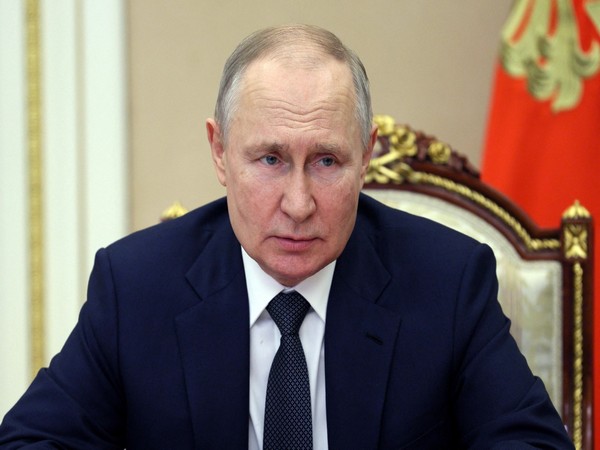
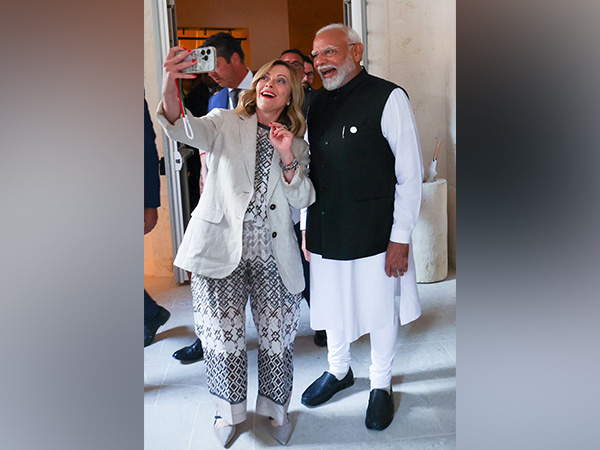
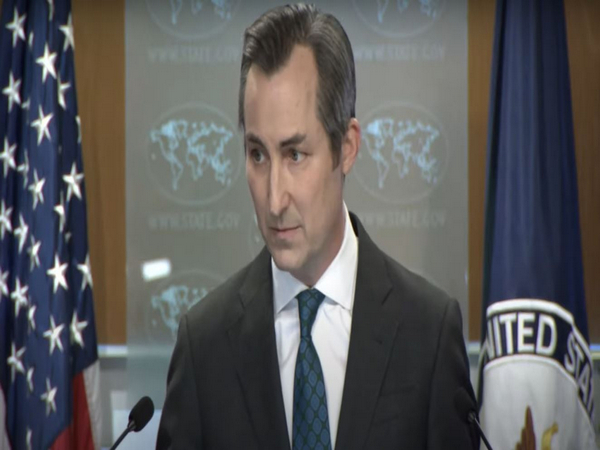
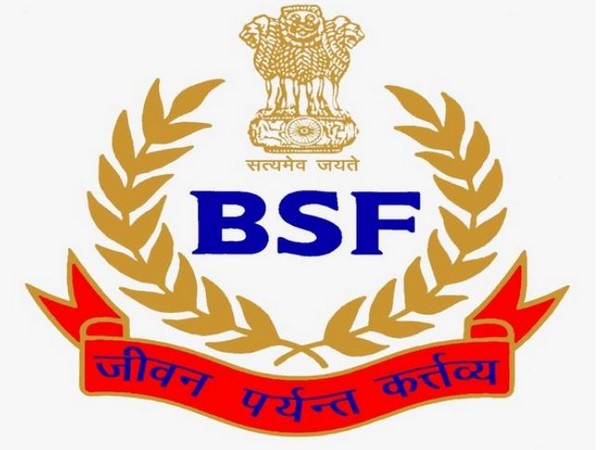
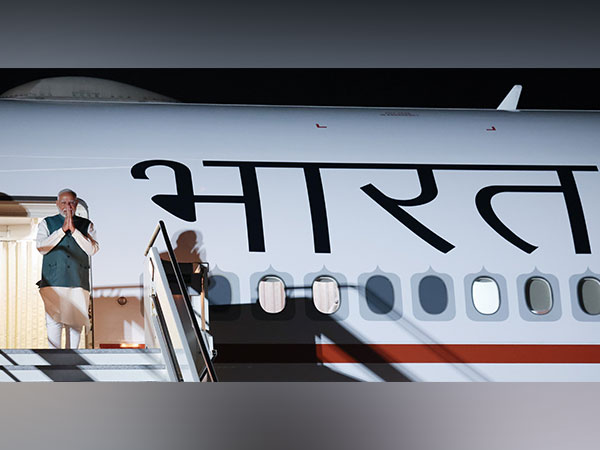
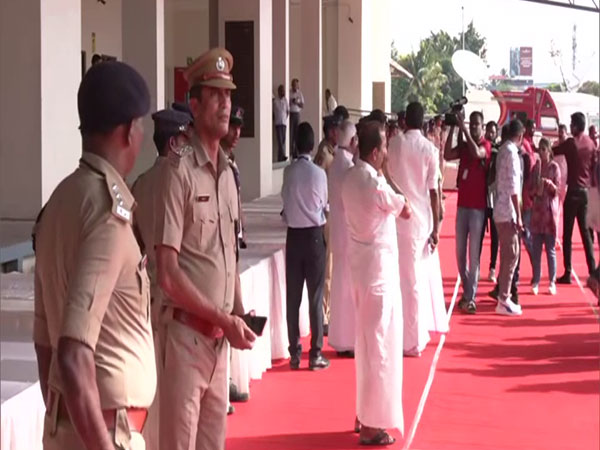
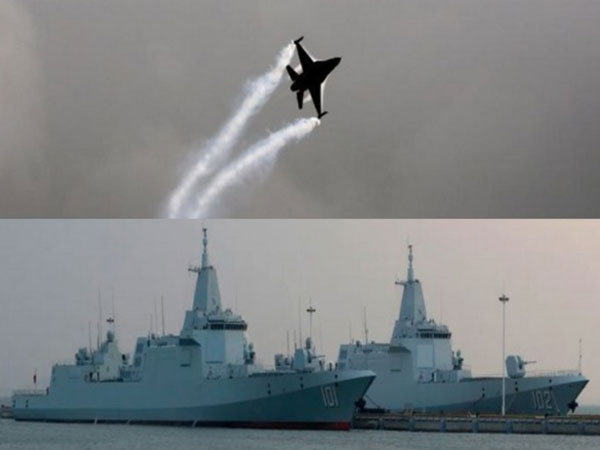
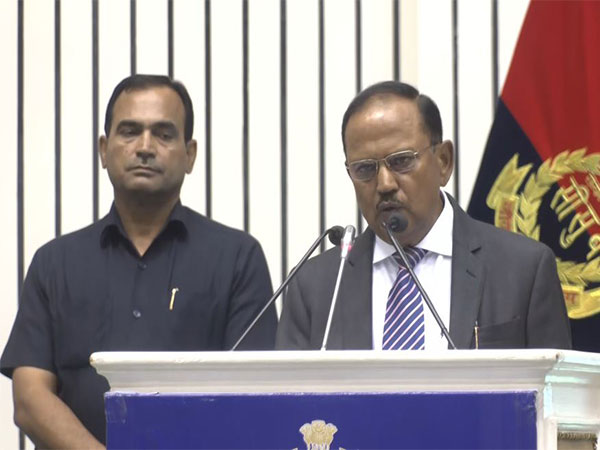
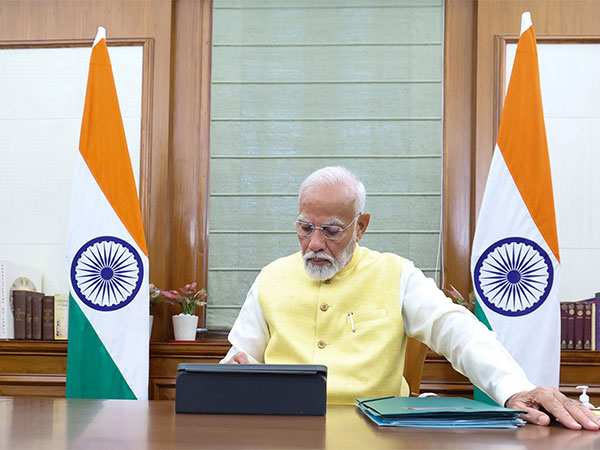






POST COMMENTS (0)